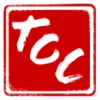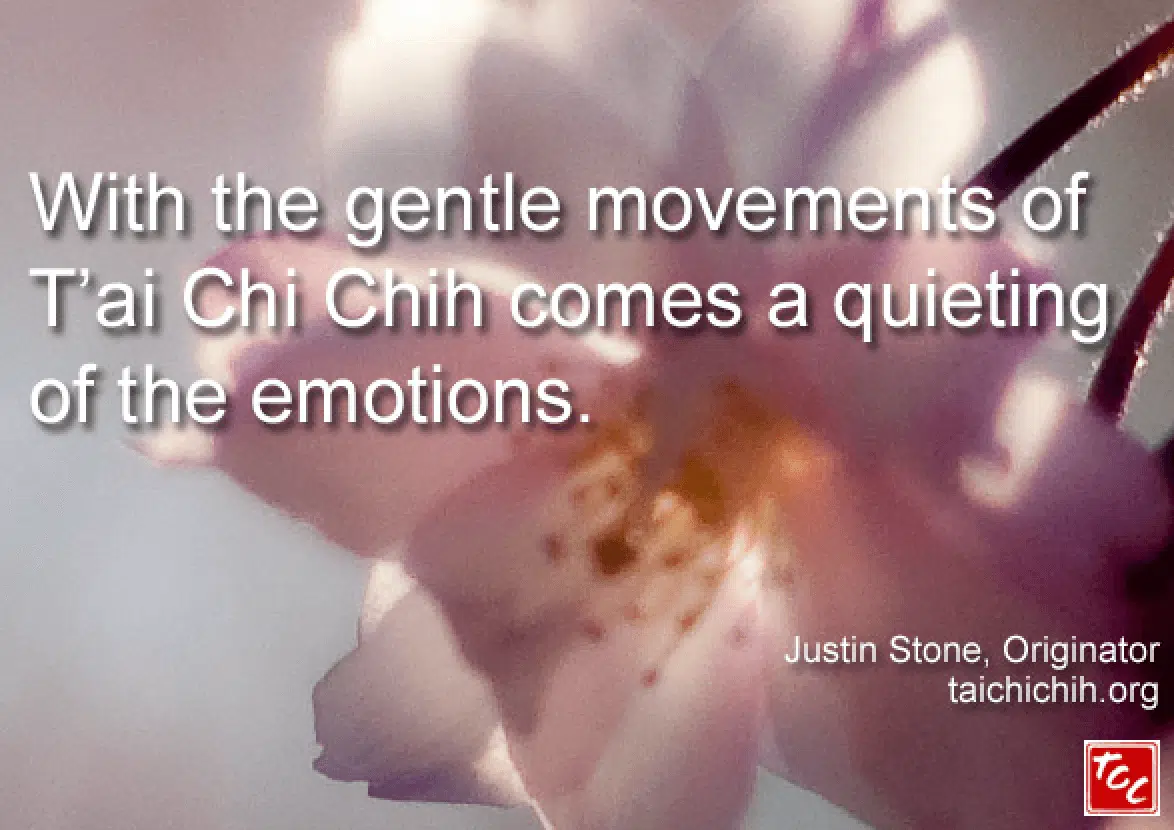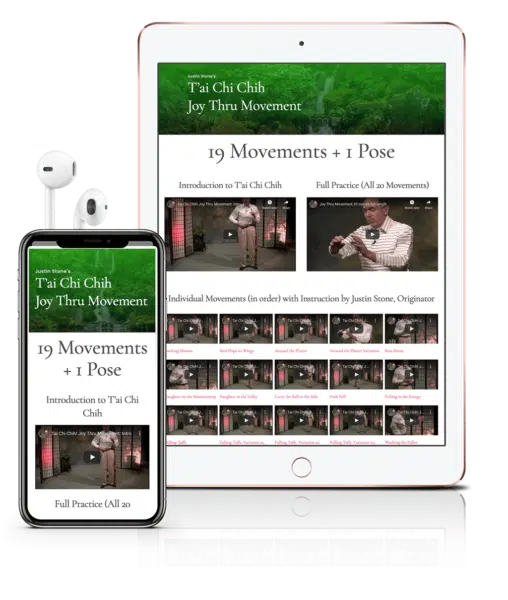UCLA Research: TCC Helps Relieve Insomnia for Breast Cancer Survivors
A group of prominent academic researchers at the University of California, Los Angeles (UCLA) this week announced study results showing that T’ai Chi Chih (TCC) works as well as the “golden standard,” cognitive behavioral therapy, in relieving insomnia symptoms among breast cancer survivors. The article was published by the peer-reviewed Journal of Clinical Oncology online on May 10, 2017 with print publication to follow.
Lead author of the paper Michael R. Irwin, MD is “one of the world’s foremost experts on the psychoneuroimmunological pathways by which psychosocial and behavioral factors influence health and disease,” his UCLA web page says. Dr. Irwin, second author Richard Olmstead, PhD, Helen Lavretsky, MD and other researchers at UCLA have published several papers about TCC since at least 2003. Their research has shown that practicing TCC improves immune system function, can help relieve depression and, now, that TCC can help relieve symptoms of insomnia.
Below you’ll find an abstract describing the new insomnia research. To learn about other research documenting TCC’s effectiveness, visit our website.
ABSTRACT
FROM: https://www.ncbi.nlm.nih.gov/pubmed/28489508
Tai Chi Chih Compared With Cognitive Behavioral Therapy for the Treatment of Insomnia in Survivors of Breast Cancer: A Randomized, Partially Blinded, Noninferiority Trial.
Purpose: Cognitive behavioral therapy for insomnia (CBT-I) and Tai Chi Chih (TCC), a movement meditation, improve insomnia symptoms. Here, we evaluated whether TCC is noninferior to CBT-I for the treatment of insomnia in survivors of breast cancer.
Patients and Methods: This was a randomized, partially blinded, noninferiority trial that involved survivors of breast cancer with insomnia who were recruited from the Los Angeles community from April 2008 to July 2012. After a 2-month phase-in period with repeated baseline assessment, participants were randomly assigned to 3 months of CBT-I or TCC and evaluated at months 2, 3 (post-treatment), 6, and 15 (follow-up).
Primary outcome was insomnia treatment response – that is, marked clinical improvement of symptoms by the Pittsburgh Sleep Quality Index – at 15 months. Secondary outcomes were clinician-assessed remission of insomnia; sleep quality; total sleep time, sleep onset latency, sleep efficiency, and awake after sleep onset, derived from sleep diaries; polysomnography; and symptoms of fatigue, sleepiness, and depression.
Results: Of 145 participants who were screened, 90 were randomly assigned (CBT-I: n = 45; TCC: n = 45). The proportion of participants who showed insomnia treatment response at 15 months was 43.7% and 46.7% in CBT-I and TCC, respectively. Tests of noninferiority showed that TCC was noninferior to CBT-I at 15 months ( P = .02) and at months 3 ( P = .02) and 6 ( P < .01). For secondary outcomes, insomnia remission was 46.2% and 37.9% in CBT-I and TCC, respectively. CBT-I and TCC groups showed robust improvements in sleep quality, sleep diary measures, and related symptoms (all P < .01), but not polysomnography, with similar improvements in both groups. Conclusion CBT-I and TCC produce clinically meaningful improvements in insomnia. TCC, a mindful movement meditation, was found to be statistically noninferior to CBT-I, the gold standard for behavioral treatment of insomnia.





